Disclaimer: This is a difficult story to read. It’s also very explicit. If you are triggered by sexual assault content you may want to skip this article.
This is a follow-up article to a scalopomine story I wrote a few months ago. The primary reaction this story received from the expat community was to blame the victim. This shocked me. How could we be so cold towards a fellow member of our community?
I’ve since spent a lot of time thinking about this. And, I’m not the only one. Shortly after this story was published I was contacted by another scalopomine victim. He poured his thoughts onto paper as part of his path to recovery. I have shared these thoughts with you below, but first I need to provide some context & hopefully help guide some conversation on this difficult topic.
There’s a lot to take in when you read this victim’s eloquent account of their horrible ordeal. Honestly, it left me a little speechless when I first read it. I didn’t want to believe this could happen in my beloved Cuenca. Nor do I want Cuenca to forge a reputation for this type of criminal activity – it will obviously impact the number of people that want to visit or live here.
I’ve come to accept these initial reactions as ‘normal’ and that they are most likely the same emotional triggers that lead to victim blaming. These are strong emotions that can be difficult to keep in check – many are not able to. It’s hard, but I’m imploring you to be open to talking about this topic for the sake of the victims that are crying out to be heard.
“The true measure of any society can be found in how it treats its most vulnerable members”
Whether the above quote is actually attributed to Gandhi is not clear. But, the meaning is. A newly arrived expat with limited Spanish that has been left drugged, dazed and abused is in an incredibly vulnerable state. This is precisely when they need support from their community the most.
You’ll see from this story that the victim received a breathtaking lack of support from his fellow expats. This led him to retreat from the expat community and honestly, who can blame him?
What to say to a sexual assault victim
I believe partly responsible for the underwhelming support this victim received was the uncomfortable nature of the topic. I mean, what can you really say to someone to help them through a sexual assault?
I’m not a trauma psychotherapist, so I can’t offer qualified advice. But, I can share with you some digestible snippets from the Pennsylvania Coalition Against Rape.
Believe the victim
Make it clear that you believe the assault happened and that the assault is not her or his fault.
This is particularly important when the victim’s memory has been altered by drugs such as scalopomine. Their entire memory has holes in it, so you can expect the story they tell you to also be incomplete.
Give the victim control
Control was taken away during the assault. Empower the victim to make decisions about what steps to take next, and try to avoid telling her or him what to do.
Be available for the victim to express a range of feelings: crying, screaming, being silent, etc.
Remember, the victim is angry with the person who assaulted her or him and the situation, not with you. Just be there to listen.
Assure the victim of your support
She or he needs to know that regardless of what happened, your relationship will remain intact.
Maintain confidentiality
Let the victim decide who to tell about the assault.
Encourage counseling
Give the victim the hotline number for the nearest rape crisis center, but let the victim decide whether or not to call.
In Cuenca, the only English-speaking option for both males and females is Hogar de Esperanza:
- Address: Juan Montalvo 8-18, Cuenca
- Email: [email protected]
- Phone: +593-99-094-7611
Ask before offering physical support
Asking “Can I give you a hug?” can re-establish the victim’s sense of security, safety, and control.
Avoid making threats against the suspect
Threats of harm may only cause the victim to worry about your safety and risk of arrest.
On a practical level, the US Embassy has released this guide for assault victims in Ecuador, including the addresses of the District Attorneys for each province.
Help create the community we want to live in
My hope is that the above guidelines can help our various expat communities communicate in a way that doesn’t alienate the victim. I’m not saying it’s going to be easy, especially in the age of social media and its warts. But, let’s try?
I have faith that our community can have this conversation in a respectful manner whilst simultaneously alerting others to the potential dangers to look out for when it comes to personal safety in Cuenca & Ecuador. This is the type of community I want to live in and believe many of you do too.
Whilst we’re setting guidelines, it’s of utmost importance that we respect the victim’s wishes for anonymity. Sensitive information such as names & dates have been edited for the well-being of the victim, but nothing else has been edited. As tempting as it might be to try and play detective and unmask the victim, don’t. Just don’t.
Access the story below
You wander past snarling blue buses that belch black smoke, burning your eyes and throat, while stumbling on centuries of cobblestone. You stop next to the Rio Tomebamba, an alpine stream flowing out of the Caja mountains through the center of town, because you think you will be sick. It passes and you walk on, the world sloshing back and forth, making you stumble like a drunk after a long night. The locals look at you, unkept and weaving, then look away in disgust. Just another foreigner partying through their country.
You wipe your burning eyes and cross the busy street to a quiet neighborhood and ring the doorbell of gringos who befriended you when you moved to Ecuador the month before. He answers the door but you ask for her, and when you approach her she knows something is wrong: “I was drugged, robbed, and left unconscious in my bed.”
“When?”
“Two days ago.”
Then you add: “things were done to me, bad things.” Her eyes fill with understanding and she pulls you tight like you were one of hers. You sob together as she strokes your back, the husband watching.
You drink a large tumbler of water and ask for more. You sit in their garden and tell them everything, their faces frozen with concern. The husband makes a phone call before handing the connection to you, forcing you to tell your story again to a local stranger who has connections, but he is traveling and cannot help. The husband dials another number. You want to grab the phone and toss it over the wall, but he starts talking and you put your head in your hands as the wife strokes your back.
You wait for a bi-lingual couple who have helped other foreigners in trouble. They too have grim concerned faces, not believing that such a thing could happen in their peaceful Cuenca, you hold back nausea bouncing about in their truck. She says that you should be more careful, and when she sees the street you live on she warns you of the bad element you have placed yourself in. He asks what happened and you show him a kitchen counter of chicken bones and wine bottles. You don’t remember buying any of these things. You show them your bed that is a tangle of sheets matted with the wax that fell off your body over the two days you twisted. Your place looks like a frat party gone wrong. They avoid knowing anything about what happened on your bed, they focus on the things stolen. You remember nothing, but soon brief photos will flash in your head, random explosions out of your control.
You ride with these strangers, trying to avoid independence week revelers. You show them the places you were two days before, piecing it together, as your guides point to cameras in the intersections, one camera pointing at your front door. They mention scopolamine, but it’s not the first time you have heard that new word.
When you woke the first time the day before you discovered your chest stuck to the sheets by something orange. Candle wax. You notice wax fragments all over your body, matting everything, an orange lava flow streaming down the white wall from the window sill. You push yourself up from your single mattress on the floor, one of two pieces of furniture in your new apartment, and are immediately blinded by a visual swirl that turns black and you tumble back down, unable to move for several minutes. You see other stains on the sheets and hair that is not yours. You push yourself vertical, then slowly rise to your feet, before wandering into the kitchen.
You want to know the time and realize your phone is missing, then you realize your electric tablet is as well. You will later learn that the seven hundred dollars you were saving for a new refrigerator is gone with your camera and lenses. For now you just want to reach the bathroom.
You finish and notice discoloration in your underwear, then you notice blood on the paper. You don’t bother showering; you throw on clothes and wander into an independence celebration, passing the streamers and firecrackers to El Centro, stopping the first officer you see wearing a yellow reflective vest, a woman. A male officer joins her to help you into the backseat of a car and everything spins, you black out. They shake you awake.
“Do you want to go to the hospital?” They ask.
All you can say is, “I need to sleep.”
They slip a piece of paper in your hand with an address but tell you that it will do no good to go before the weeklong Independence celebration is over. You nod and see them look at each other, one says to the other: “scopolamina?” The other nods in agreement as you fall horizontal on the seat. Somehow you make it back to your bed and sleep for another 24 hours but you wake to the same reality. Both sleeps together add up to 36 hours from the moment you first lost control.
You wait for the celebration to end so you can visit the police. You submit alerts to accounts and change important passwords. Thankfully your old laptop wasn’t taken, and you begin studying scopolamine, a drug extracted from a common flower grown in the region. The locals call them Angel Flowers, long bell-shaped blossoms that grow in many back yards from what they call the borrachero tree. The stories strike you as fantasy, while science remains skeptical of hypnotic power claims. You read stories of Colombian criminal gangs using hand bills, victims reach for them while crooks wait to see who will lead them to treasure: a car, a house. In some stories victims help robbers load their belongings. But you only have your experience, a sample of one. You imagine being that person ordered to buy things for a party only your body attended.
The next week you sit in a cold waiting area, ready to give your statement while holding ticket number 13, staring at an overhead screen as though you are monitoring a flight. You look around and notice others who have their own post holiday stories of injustice. You have written three pages of details but the woman taking your statement ignores it. She just wants to know what was taken, you mention the assault but that doesn’t seem to register. She calls in a woman colleague to help. She speaks some English, saddened by your story, but in the end the short paragraph only mentions losing consciousness, and theft. You realize that rape may not be a discussable subject in this culture.
After bouncing around different law enforcement locations you are assigned an investigator and track him down by phone. He speaks no English and refuses to slow his Spanish so you can understand him. He says he has an emergency, then he muffles the phone’s mic to cover the cheering following Ecuador’s first goal in it’s football match.
The next week you sit down with him; he still talks too fast. He wants to photograph the scene. It has been three weeks since the assault and you have lived with the frat party mess, the half-empty bottles, glasses, wine stains, and tangled wax-matted cloths and sheets shoved to the corner. He has no car, so you take a cab and he makes you pay for it. You will only hear from him one more time in a telephone text asking you if you have seen the perp. He doesn’t respond to your inquiries about the investigation, or if he has checked the street cameras for evidence. You have partial insurance coverage so he is unmotivated. He doesn’t see the young girl staggering out of the woods bleeding from her vagina; he sees an older 200 pound gringo.
After three years of searching, you find a home. You are part of the US diaspora, expelled by high prices and scheming landlords, sentenced to wander the earth looking for shelter, and after several exploratory trips around Latin America you decide on Ecuador.
You jettison the remainder of your belongings in the US, even leaving pieces of handmade furniture on the curb for street scavengers, after your Cuencana lawyer incorrectly tells you to come two months earlier than planned. You discover the hard way the limits of her advertised bilingual status.
Once there you spend the first month in Visa hell, getting up at the crack of down several days in a row to wait in line. Gringo stomach hits you twice, you synch your jeans and keep moving forward, blowing out your hiking shoes while following every apartment lead. Your soul smiles and exhales when you stumble upon your apartment, a small penthouse with a beautiful terrace, atop an older building in the center of the colonial city of Cuenca. No more bunking with friends and living out of a suitcase, you have a home.
You stare out the cafe entrance into the street, having just signed the lease, brimming with delight when a familiar face catches your eye as she walks past the cafe. She stops and cranes her neck to study you. It takes a minute before you recognize your old friend from your exploratory visit in the Spring.
Your memories of Maria return, how she first met you on the street and started a conversation, how she showed up at many popular tourist spots for coffee and meals. You practiced Spanish with her, and she told you about her life in Peru as a teacher. You talked about education philosophy and she appeared to understand. Like you, she was looking for a place to relocate before retirement. You answered her repeated questions about your belongings and the expense of bringing stuff across borders. She’s interested in what you are bringing.
Six months after you first met you are glad to see a familiar face, someone to share your good fortune with. She orders coffee and sits. You ask why she’s not in Peru teaching and she says there are no students. You pause, then think it’s a cultural thing, something you may understand in the future. You have no idea of the danger that is smiling across the table from you.
You leave the cafe and she walks with you, guiding your street choices, unaware of the game she is playing with the street cameras. Since you are walking in the same direction you ask if she wants to see your unfurnished apartment because there are other apartments available in your building.
You have only one stool to sit on and she takes it and doesn’t move. You offer her water but she refuses and points to the corner of the kitchen counter where a bottle of wine sits unopened, saved to toast your good fortune with an unnamed friend. After her insistence you relent. She’s a friend, right, why not? You open the bottle with a camping knife and excuse yourself to the bathroom. One half hour after your first sip your memory fades as Maria moves close, out of character, you’re gone.
Over the weeks you try to remember. All you can muster are four snapshots, still photos, forever burned in your memory. You’re Lee Harvey Oswald bending in half from an assassin’s bullet; you’re a pile of emaciated bodies in a mass grave, you’re a naked and burned Vietnamese girl running down a highway. You now have four more photos etched in your brain that you can’t make go away.
Photo #1. As you stumble across the street outside your building, she squeezes your hand, prodding your conscious, then asks: “¿Tienes condon?” That image freezes and you remember asking her to repeat herself, to make sure she actually meant to say condom. You realize that she was afraid. She wanted to leave your apartment with only your belongings and nothing else.
Photo #2. In tunnel vision you remember, being in a small tienda where she is pulling bottles of red wine off the shelf, then ordering you to pay. You begin putting the wine back on the shelf because deep down you are your father, the Austrian subsistence farmer who never bought more than he could use. She responds by shoving you back to the counter; you imagine this was how she handled you all night as she took you on a shopping spree and then penetrated you with an object. You would wake to these bottles, a box of half eaten chicken, and a five liter jug of fresh water. You wonder if it was all for her or if she wanted to make sure you didn’t die, feeding you greasy chicken, making sure you washed it down with water. Maybe she monitored your breathing to make sure you didn’t chock while passed out. Maybe she is a benevolent sociopath you think. Some locals tell you not to be surprised if you see her again, that she may even greet you.
Photo #3. Illuminated by candle light, she stands next to your mattress wearing one of your sweaters that you later discover matted with wax, before you bury it in your closet like a bloody shirt from a homicide. She wore your cloths, a typical sleepover; it’s what women do, wear their lover’s cloths. You notice your guitar is out of it’s case, and you remember her saying “Que lindo” at some point. It’s date night but your conscious mind is not invited. You wonder if drugging the victims makes it feel less wrong; if they don’t fight it’s not rape. Right?
Photo #4. Your last snapshot on this fright night comes as freezing cold water hits your torso. She is cleaning your genitalia while you stand in the shower: then she cleans herself, a big black woolly thing of deceit and hate, curlycues hiding vile intent. You remember being in need of a shower when you met her so maybe it was before you went to bed, but you can’t be sure. In fact she cleans everything the poison touched, the cups, the bottle, you, leaving other glasses with encrusted maroon lakes at the bottom. She only takes things she can hide in her purse and ignores your credit cards; she wants this to remain a matter for the local police. She ignores your expensive bike and guitar: too heavy to carry; too big to conceal. A woman this age who’s not a junkie is no snatch and grab crook, she’s a professional. And she has left you with these images to live with.
Your celebratory dream of finding home turns nightmare as you wake in a landfill. You spend that first week on your single mattress plopped on the floor before forcing yourself to wander out among the independence week revelers and the miles of vendor tents. They love fireworks, church sponsored explosions, and you imagine Jesus lighting M-80’s with a cigarette like your uncles did when you were a boy; you jump with every explosion, losing your balance, the drug still in your system. You find a bench next to the river where no one can hear you sob.
The disorientation lasts for days before you have the sense to visit a doctor.
“You are lucky to be alive, some don’t, and your dose sounds strong.”
You always said that if you were ever attacked they would have to kill you. She almost succeeded.
He gives you a lab order for tests and adds: “You should just get a prostitute next time, it’s much easier.”
This is a reoccurring theme: that this was just a tryst gone bad, an intentional bedding with unintended consequences. You deserved it because you were trying to get laid. You know a different story, but it doesn’t seem to matter.
You post the story on an expat site to promote vigilance, and you get advice. It’s your fault, you could have done something, despite the randomness of it all. You wonder what goes through people’s minds when they hit the like button. You feel the need to balance the scale, to post something positive so you share a story of kindness: a local woman stopping you, handing you a wad of cash from the erratic ATM you abandoned, you are still not yourself. You share this story and get over 60 likes the first four hours.
The next day you post a request for help, you want someone to go to the police station with you. Your post stands untouched, but you notice the post from the day before has over 100 likes. This is modernity, where community is a painful misnomer. It reminds you of that bible story in which someone sees another in need and says: “be ye warmed and filled.”
You are needy: you need to talk, you need a phone, you need to buy food, you need to set up a house, you need to learn Spanish, you need to know where to pay bills. You need help more than likes or hugs.
You begin sensing that people are avoiding you. Do they think you’re lying? You notice a couple you met a few days before cross the street when they notice you walking from the other direction; you feel like a pariah, and you know the community is talking. “He was up to no good, he had it coming. He is just another unhinged gringo, stay away.”
In some cases you realize that telling ex-pats your story is an invitation for their own rants and you immediately regret saying anything. You understand that there are people who came here because they hate their president or they have other obsessions about “chem trails” “secret societies” and the anticipated collapse of the US. You wonder if this is cosmic payback for some failure as a teacher. You also open the door to rants about the locals: “these people will steal and fuck you over every chance… .” “They are the most rude, inconsiderate … .” Even a therapist you approach goes off: “the cure for cancer has been suppressed and … .” You toss his card.
You don’t understand it when people marginalize your assault. They only see rape victims as careless women and inmates. To them it was just an expensive night with a hooker. And just when you think it can’t get worse a friend invites you to meet a “knowledgeable” expat, a future resource. He sits in an ice cream shop with his young Ecuadorian wife who plays with her phone while the men speak in English. His clip-on sun shades raised, he looks at you through trifocals, “I was dancing with this broad, gorgeous, a ten… .” You turn your attention to his wife, smiling back at you, sucking her malted through a straw, past her braces. Clueless. She plays with her phone covered in stickers, tapping it with designer nails. He turns to our mutual friend: “So Kevin, you should ruffy yourself a couple girls this weekend.” He looks at you, “It worked for this guy.”
You can’t believe what you are hearing, and you suppress rage. Your friend gets nervous and talks about a mutual interest in guitars. The husband lists his favorite musicians, not yours, and you blurt out: “cock-rock.” He responds: “If that’s true then I’m a bass guitar.” You imagine his guitar is a broken tin whistle. You see his coffee steaming and start scheming an accident to scald his guitar, but you leave instead.
You’re not unconscious for this assault, but you wish you were. You pass the ethnic dancers and their beatific smiles and the vendors with their ancient crafts and you want to scream: “do you know what happens in your city when you are not watching? I … Have … Seen!” You want to pull back the curtain to show them the ugliness. You think the “truthers” are right, the world is coming to an end, and maybe it’s a good thing.
You wander the streets feeling hollow and guilty, with momentary fits of rage turning to tears; there seems no end. The friends you do have don’t know how to help.
“You know, everyone who comes here has a story,” one person says. And you wonder if there is a big list of gringos who have been drugged and ass raped. Your Argentine friends preach therapy, but you have had your fill of therapists.
You have had enough of: “At least you got a piece” so you avoid gringo hangouts. Then one by one you meet others who have stories about Devil’s Breath, scopolamine’s nickname. One man drove his car and passengers to a desolate part of the country where they dumped his half naked body in a muddy ditch, leaving him to chock on sludge through the night as he struggled to survive. A European gringo tells you that it happened to him but doesn’t say anything else, his face seizing with sadness; his words dripping with shame. You would never know unless it happened to you, you are now a member.
Most of the stories involve robbery, and you realize that you are a walking mark, the gringo-est looking gringo you can imagine. This makes you suspect everyone you see, avoiding touching anything foreign: hand bills are now delivery systems for Devil’s Breath. The UNESCO polished colonial city has changed for you. You understand why security forces concentrate around the tourist places. And your experience with the police tells you that they would rather ignore an embarrassing problem than risk raising awareness by doing their job.
You imagine the most innocent person able to do you harm, young, old. Everyone is a mugshot, a criminal. When local friends ask you about your belongings you can’t breathe. All the women begin to look like her. You do not want fear to win, but even locals are telling you to never have Cuencanos in your home unless you lock up all your valuables. You do not want to live like that.
You search the internet to learn more about sexual assault, to feel less alone. Official reports seem useless. Men are seldom reported, like children, like the elderly; everything is under-reported. No surprise. What does surprise you are the reports of victims experiencing arousal. You understand inconvenient boners, but this is different. You functioned that night, you are sure, which makes you doubt yourself, your story. You read that incest survivors have reported arousal during the act. In fact the estimates are high, a detail usually revealed in the security of the therapist’s office.
You study arousal, how it’s triggered like digestion, heart rate, and perspiration. Arousal has a mind of its own, like pooping, blood flow, or sweating. This feckless response helped promote the species without romantic notes or flowers.
Since the assault your sexual dam has been breached, your urges reawakened. You are filled with a desire that left you over the manic months of transition. You find this troubling and feel ashamed, even though this response is out of your control. You think of sex but you are afraid to be alone with a woman. After some months you will date but when she gets close you see Maria and are filled with rage again, so you run.
With time your body recovers, each day you can walk farther without dizziness and nausea and you begin setting up your home. But things don’t happen quickly. It takes a month to get a new lock on your door. You try replacing your stolen technology but electronics are expensive, and it will take time to learn the simplest functions on your cheap phone. You stand on your empty terrace wishing you could capture the sunset but it only reminds you of what was taken. When you sit down to write you realize you are missing your favorite pen, and the bandage is torn off again.
You persevere, monitoring the gringo sights for those returning north, leaving things behind. You start strong each day but wear down quickly, becoming frail and angry, returning to your empty apartment, listening to the big blue buses below, making the building rattle from their anarchist tractor pull.
You have always overcome difficulties with a toughness your father fostered, teaching you to box on the lawn until one day you laid him out, and he stopped. You worked dangerous jobs: the farm growing up, in a mine, and on the oil fields. Your first dorm included inner-city toughness, and you lived for years in one of the most threatening downtown suburbs in the US where you passed danger every day and dialed 911 more times than you care to remember. But it was always someone else.
You had become numb to danger during a decade of stumbling through Latin America. Having conversations with a conservative, prudish looking grade-school teacher like Maria would not have raised flags on the most hardened of travelers. You think of the bike thieves you witnessed in the US, dressed in a starched blue oxford button down, sunglasses obscuring their drug driven madness and a back pack full of tools.
You reflect on the randomness of this act. You were one of many targets Maria nurtured; she had one shot to harvest what she planted in this city before moving on, and you were it. Running into you upon your return was improbable. It could have been another mark, but it was you. Before the drug was even introduced you were already under her influence with the “long con.” You conclude that there are bad people in the world and sometimes you cross paths.
After three weeks the lab order has become a crumpled bookmark, a reminder. It’s time. The phlebotomist unfolds the form of checked boxes next to sexually transmitted diseases. She tries not to glare as she closes her lab coat around her body. You want to tell her your story but, fuck it: large white men don’t get raped unless they are doing something they shouldn’t.
The results are no surprise, Maria asked for a condom. You thought the test results would help untangle the emotions you live with, somehow easing the rigors of starting over. Time is the only certain salve it seems.
Over time you think about it less until one night. You walk with friends and one of them asks for your doggie-bag to give to a woman begging on the street. You give her the plastic bag of leftover pizza and recognize the old woman. You remember her begging daily outside the main cathedral in the Springtime, and you remember Maria talking with her like friends the night you first met. You gave her money and remember noticing, beyond her frayed clothing, a clean and alert face. When you handed her the money there was a recognition you didn’t understand; you were marked. Now this woman who led Maria to you is enjoying your next day’s lunch.
A close friend arrives from the states; it helps you feel normal and to see your home anew as you show her why you chose this place. But on the morning you leave for a weekend trip you read a message posted by musician friends. Their equipment was stolen while they were traveling. You are overcome with fear of leaving your house unattended, the same gripping fear that hit you every time you went out or heard the wood creak in the stairwell at night. You have a new deadbolt, but maybe she will return with friends and kick your door down.
Your agitated steps separate you from your friend as you walk to your shuttle stop and your friend lets you know it. You stomp to the bathroom in the Hostel before your long ride only to return to yet another crime scene: a young careless Dutchman, his pack, with wallet and passport, snatched in front of the hostel. A simple diversion and grab. You see stars. You wanted to be there to destroy them but you weren’t. On the shuttle you say little. The next day on your nature hike you are not right and your friend knows. When she asks if there’s something she can do you put your index finger in your mouth and pop your thumb down, while snapping your head back, all in one motion. “No, that I will not do for you.”
Your friend is gone now and you build the life you intended when you first came to Ecuador. You stream the Oscars and watch a performer sing about rape with a stage full of college age people, all victims. There are no children or elderly (the most vulnerable to physical and sexual abuse) that might be creepy, and no one who looks like you.
One story dominates the local news; two young women are found dead on the coast. Ecuadorian officials stumble over themselves to get resolution, with pressure from the familes, to leave no stone unturned until they have an arrest. The two girls are now the face of assault: young, female, beautiful. Their autopsy showed drugs in their system, like me, but I woke up.
You go about your life as though nothing happened, never attending the Oscars, or getting a simple phone call from the local police. You feel guilty when you see images of other’s pain, small children washed on shore of some far away sea, blood pooling in the streets of Paris, and pictures of a friend’s wife wasting away, leaving him alone to raise their small daughter. And the shootings, one as terrible as the last.
With time comes strength they say, but you just see good days and bad days and hope that the latter begin to outnumber the former: an act of kindness here, a word there, and a call from the US embassy. It’s all you have.
The holidays arrive and visa protocol makes it impossible to leave the country. So you wander around el centro at night and take in the lights refracting off the wet streets then notice people entering the old cathedral. You follow them. The tall, narrow sanctuary, festooned with wavering frescos from flickering candle light. You avoid the crowd sitting in the center and find a spot along the wall, near the corner of the stage. The symphony soon emerges and takes its place.
You watch as one by one soloists perform behind skilled musicians, then you notice a descending light that falls on one cellist like an accidental spotlight. You understand the beauty of expression, the magic of losing yourself in song, that moment when everything falls away. Her face telegraphs the music as she bows and plucks with understated intensity, pulling you in, making everything go away. Her eyes telegraph the intensity of the piece she plays, and for a moment it’s just the two of you: the player and cello in the light, and you looking in, balancing the universe for one moment. A new memory.
It’s months later; you’re better but not whole, and you wonder if you’ll ever be whole again. You work on your bed because the floor has just been scrubbed. The woman you have hired who helps you clean asks why you don’t have a better phone. You explain that you had one and stop. You have shared many personal things with each other over the months, so you tell her the story in the best Spanish you can muster. She sits down next to you and her eyes water. You put your arm on her shoulder and she tells you that she wouldn’t have two of her children without unwanted sex. You feel small as your perspective shifts. And you sit like that, holding each other until the floors dry.
Paul is your friend and your inspiration. A quiet 82 year old Canadian who walks the broken cobblestones and curbs bumping them with his cane, now chewed at the bottom like a beaver stump. He has been blind for years and lives atop a hostel in a tiny room with a sloping ceiling that only allows him to stand erect at one end. He goes about his day walking the stairs for exercise, his bright red Peruvian poncho and floppy hat a fixture down by the river. He often sits alone to take meals and drink tea; gringos stop by his table, identify themselves, and say hi. You often sit with him to hear his stories, his endless quest for knowledge. But he never dwells.
After another chance encounter at breakfast you rise to go to the market. He has asked you about the carrot juice stand, but it’s hard for even the seeing to find, so you take his arm and walk. You get your juices and the woman asks if he is your father, they all do. In fact you see the faces of the old and young light up when they see you guiding him, a little embarrassed by the attention. Paul goes with you for a two dollar hair cut. Two boys in matching barber chairs, the cutters sharing the same tools. You fill your bags with groceries and Paul squints at the brightness streaming through the glass ceiling and says: “If I could find these places I would be here every day.” You can do this for Paul, in fact, you cannot not do this for Paul. And you realize, you are home now.

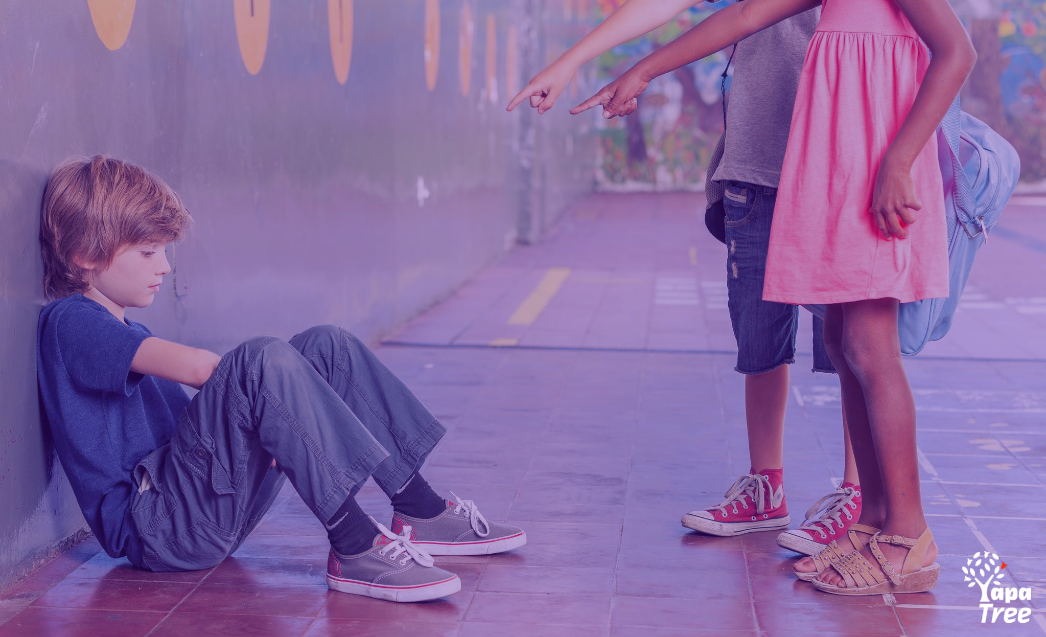









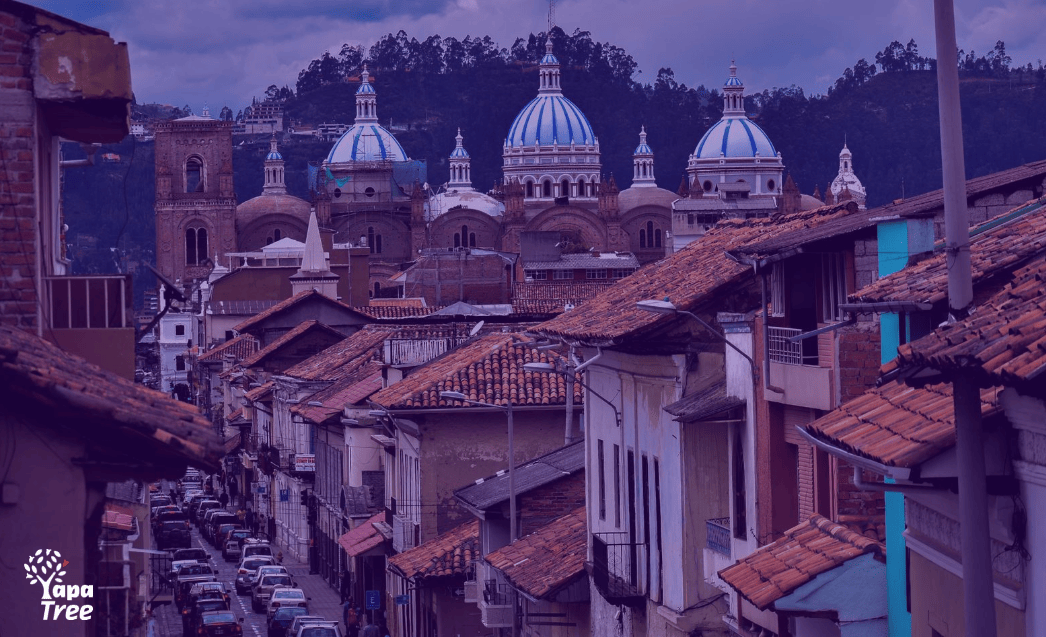
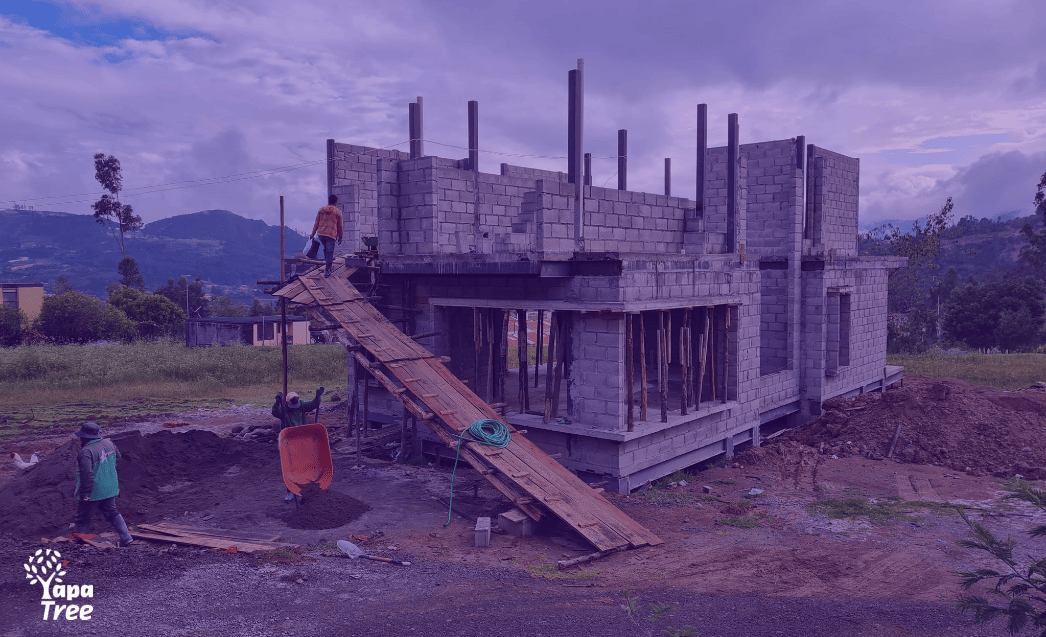

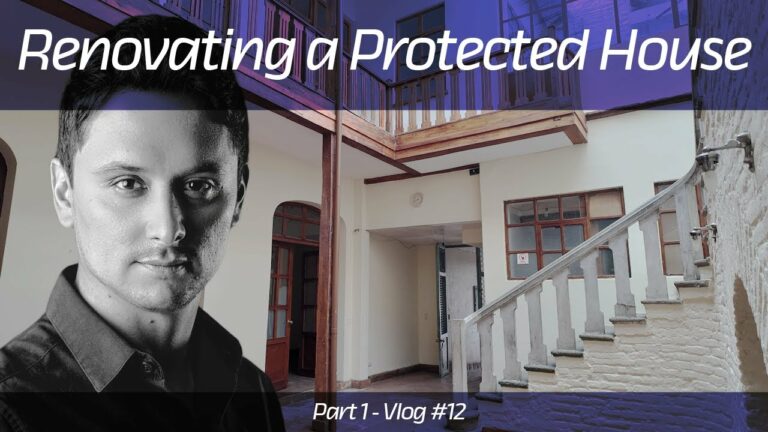
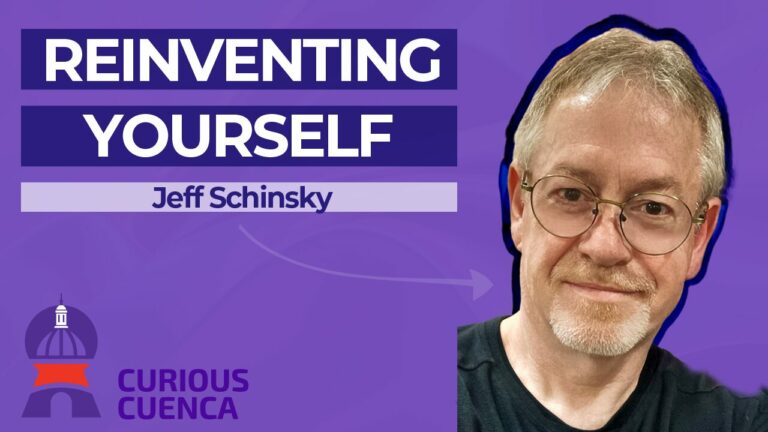
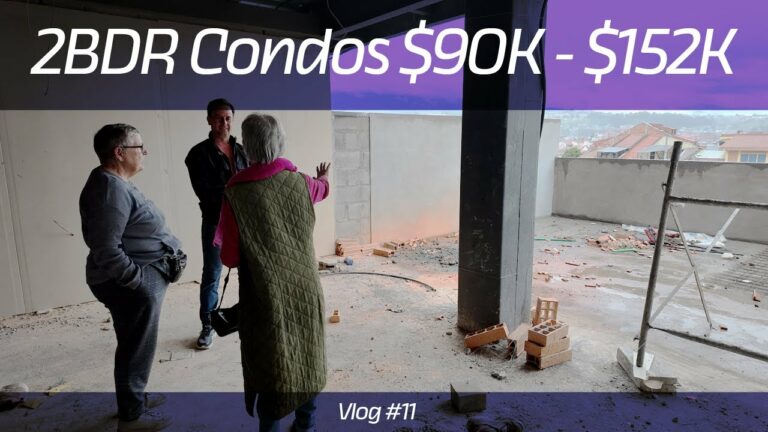

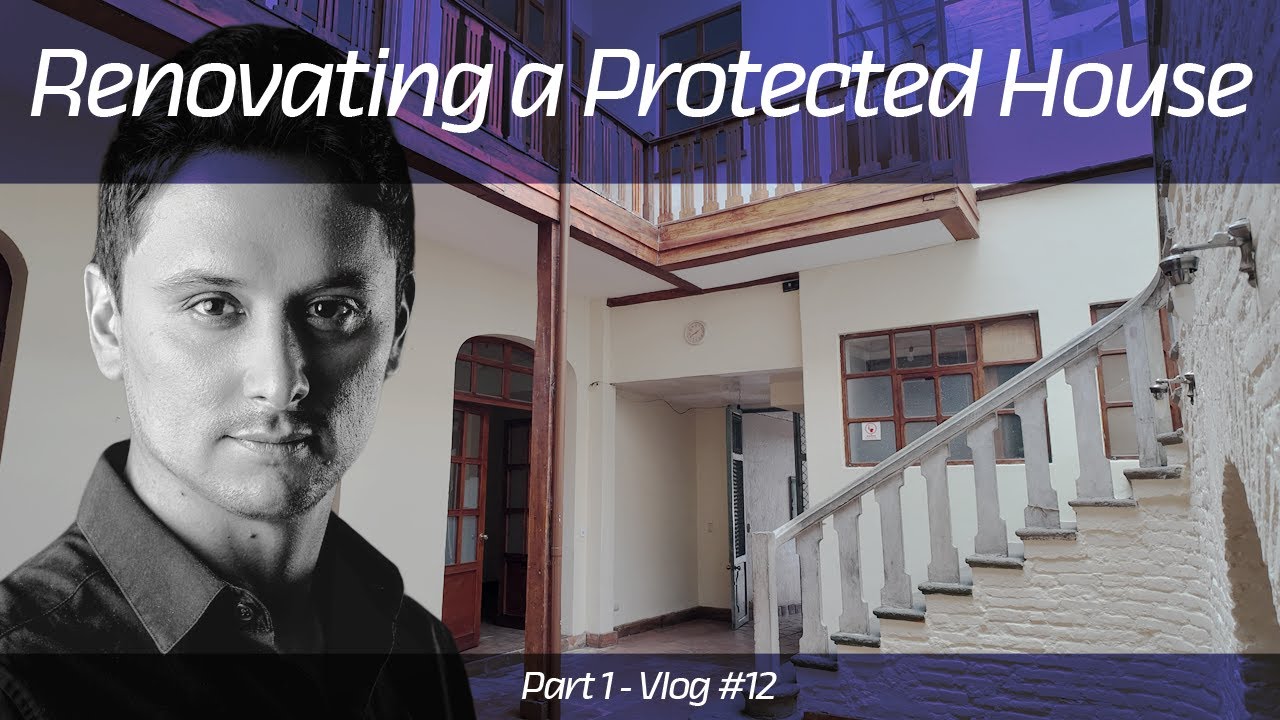
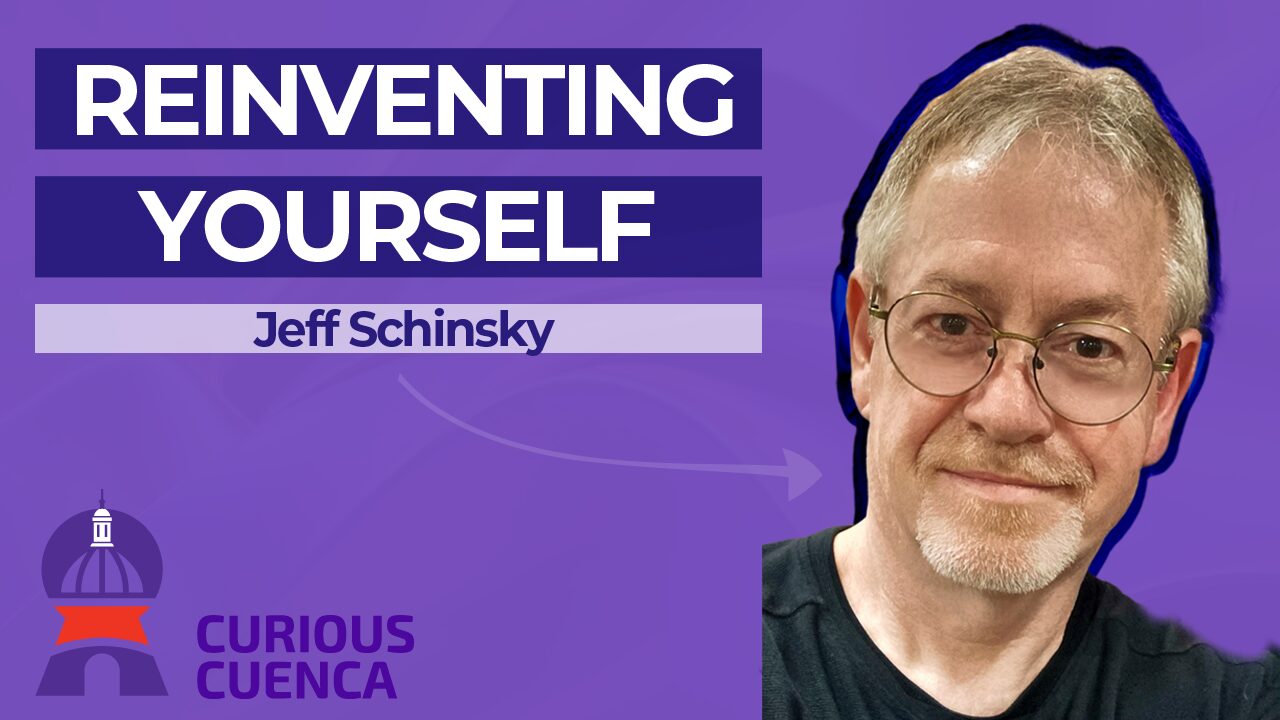
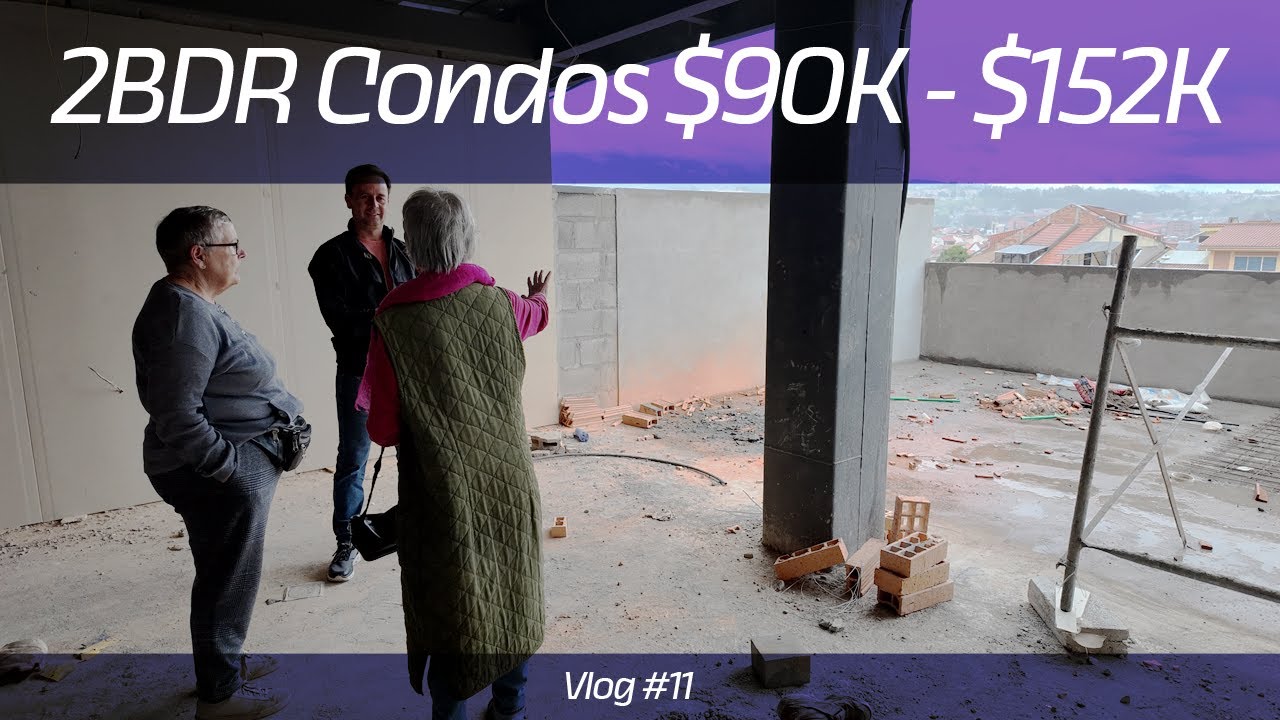
2 Responses
What an incredible, but horrifying story. It is beyond my imagination how others can point fingers, but then again when I was in my Masters in Social Work program, I took a course called “Victimization”. There was an excellent book that is most likely out of print now, called “Blaming the Victim”.
Some will not have any sympathy until some tragedy hits their life.
Good article. It is scopolamine.